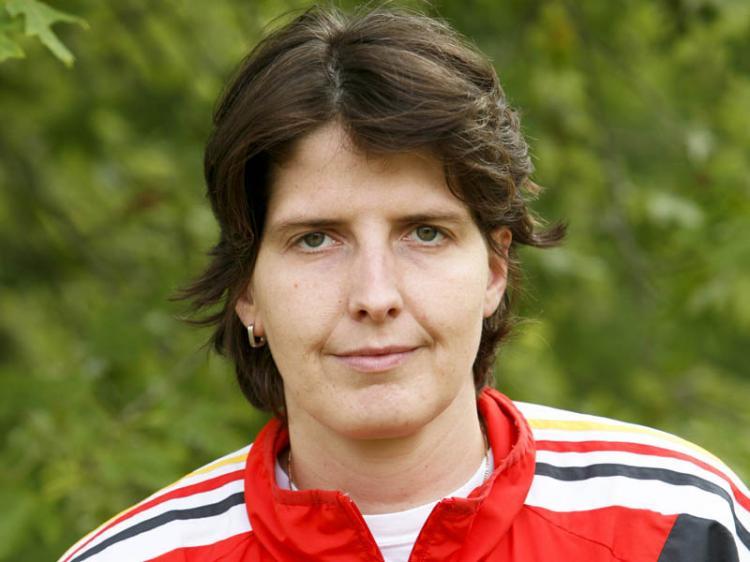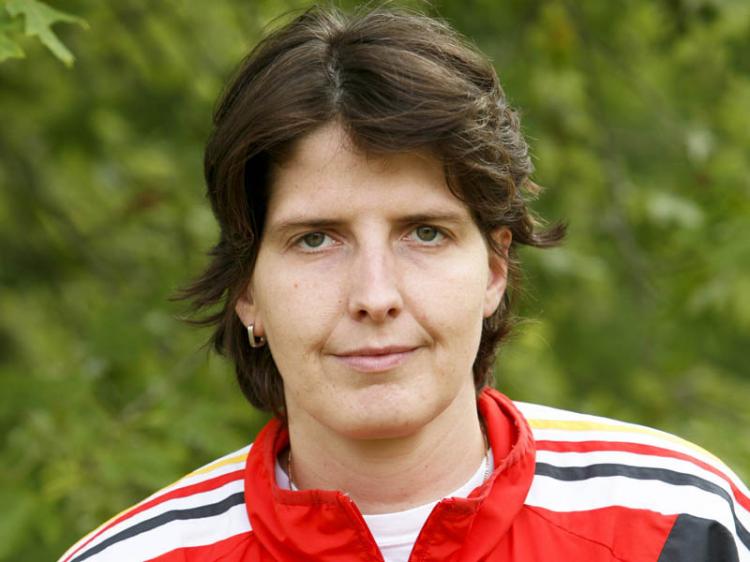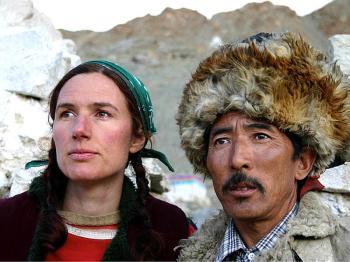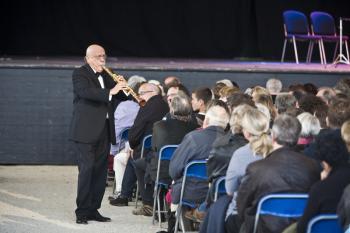The Beijing Olympics are Imke Duplitzer’s fourth Olympic Games, with the first in 1996, followed by 2000 and 2004. She chose not to participate in the opening ceremonies for this year’s Games. This epee fencer [an epee fencer is not restricted to hit any body part of the opponent with the tip.] spoke about human rights and her point of view as an athlete of the human rights situation in China during an interview with Epoch Times Germany (ETD), which was conducted before Duplitzer left for the Games.
Imke Duplitzer won the silver medal in the epee competition with her teammates in 2004; Runner-up in the single 2002; European Champion 1999; Military Champion 97/99; German Champion 1999–2002/2004/2006); won multiple medals with her team when competing at world and Europe championships.
Not Forgetting the Others—An Interview with Fencer Imke Duplitzer
Germany’s Olympic fencer Imke Duplitzer talks with Epoch Times Germany about human rights and the Beijing Olympics.
|Updated:




